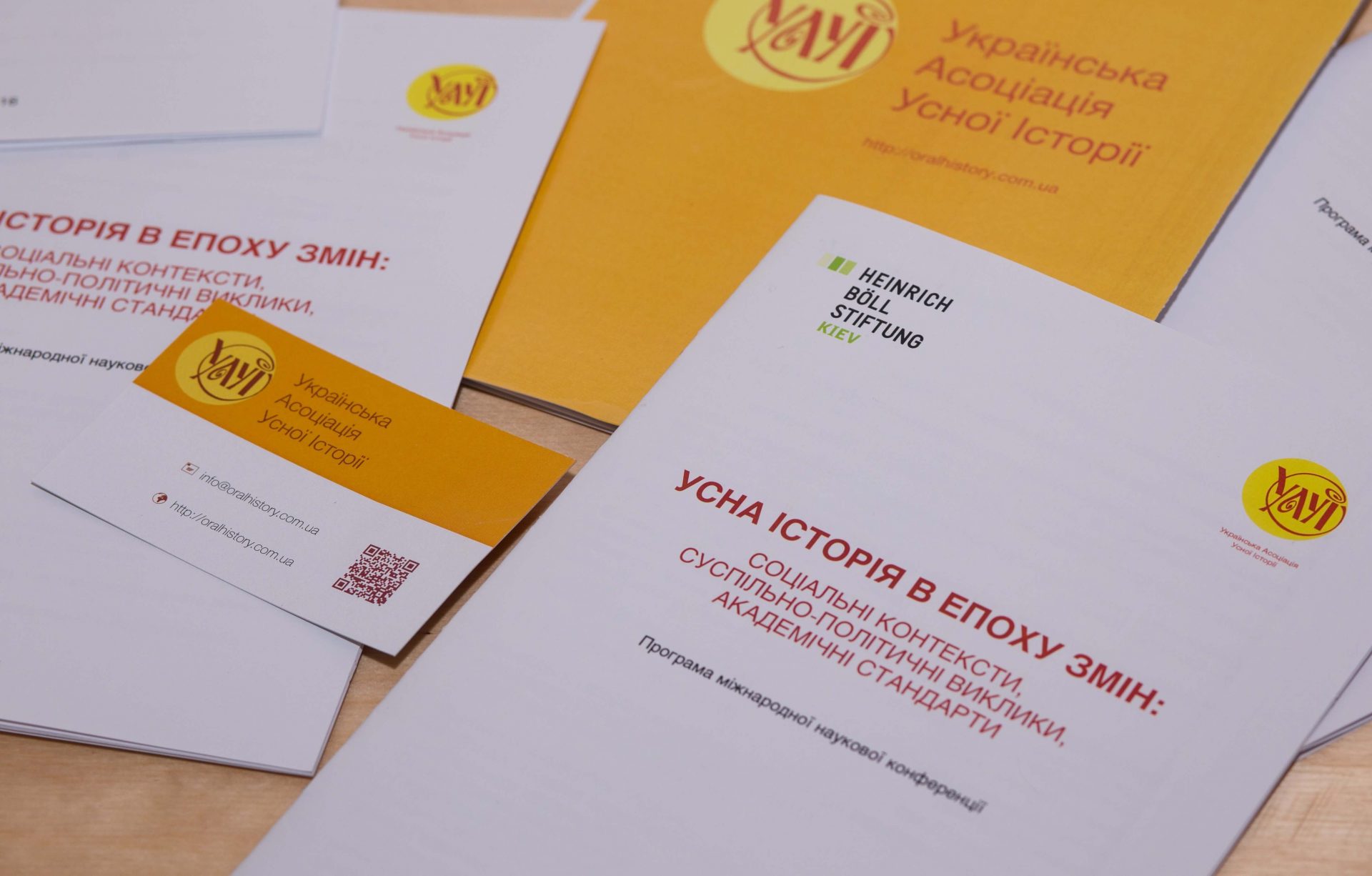The Past Behind
17.01.2017
"Battles" for recollections and the instrumentalization of memory once again bring into the foreground such issues as the professional and social responsibility of oral historians, their understanding of the social and political context of a completed project, their compliance with ethics, and the development of professional practices of communication and interaction. The anniversary conference of the Ukrainian Oral History Association on "Oral History in the Age of Change: Social Contexts, Social and Political Challenges, and Academic Standards" hosted by Kharkiv on December 1-2, 2016 revolved around the discussion of trending research topics and new methodological findings, as well as around the role of oral history in the era of overcoming and rethinking the past. The program of the conference can be found at the following link.
The conference also featured a roundtable discussion on "Going beyond the Audience: Oral History Projects in Urban Spaces" which intended to present various formats of using oral memories in theatrical, educational, exhibition, and public urban projects. Its participants discussed how their oral history interventions in urban spaces seek their own audiences, and how the city itself changes under their influence.
You can find a detailed account of the conference and Oksana Kis’ thoughts on the development of oral history in Ukraine on the website of the Heinrich Böll Foundation’s Office in Kyiv. Natalia Otrishchenko’s reflections on the search of a new oral history "language" for public projects are available on the website of the Ukrainian Oral History Association.
The conference "Oral History in the Age of Change: Social Contexts, Social and Political Challenges, and Academic Standards" was held with the support of the Ukrainian Studies Department at the Karazin National University in Kharkiv, the Heinrich Böll Foundation’s Office in Kyiv, the Center for Urban History of East Central Europe, the Department of Religion and Culture at the University of Saskatchewan, the Chernobyl History Workshop, and Studio 42.
Credits
Сover Image: Ukrainian Oral History Association
